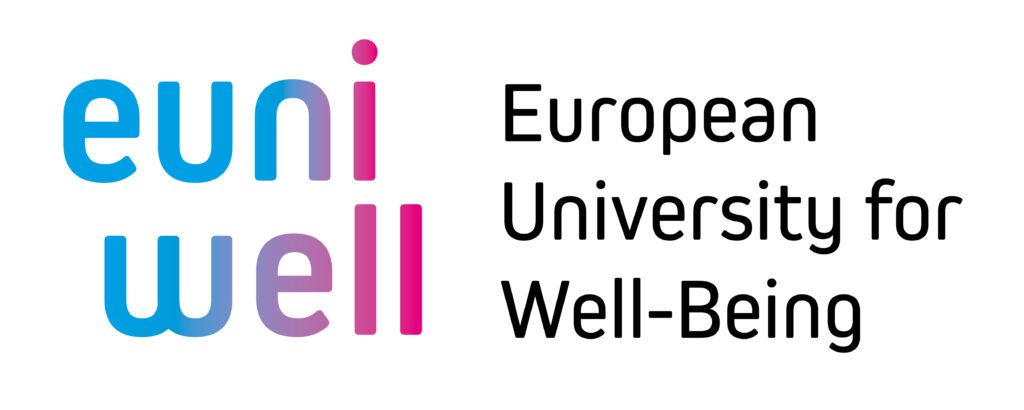As Master’s students of Media Sciences, we find the idea of Open Educational Practices (OEP) particularly exciting. This is because it means that students are not just passive consumers of teaching materials, but can also actively participate in the creation of learning content. OEPs could make the learning process more interactive and practical, especially in a strongly theory-orientated subject.
Specific examples for media sciences
One example: In a seminar on film theory, a group of students could develop materials that use film examples to present various theories – such as the psychoanalysis approach or the concept of the ‘male gaze’ – in an understandable and (audio-)visual way. These materials could then be published as Open Educational Resources (OER) and made accessible to everyone. For us students, this would be an opportunity not only to learn theoretical concepts, but also to prepare them in such a way that they are understandable and accessible to others.
Another example could be a project in media history in which students create a timeline that illustrates important media developments of the 20th century. They could not only write texts, but also incorporate (audio-)visual and interactive elements, such as historical film or sound clips that bring the theory to life. This material could also be made available as OER and thus be a valuable source for future classes. At the same time, this would also give more room for creativity and personal responsibility, which we find much more motivating and sustainable compared to pure knowledge transfer.
Challenges for students and educators
Of course, there are challenges, such as the time required, because compared to purely text-based learning, the additional creation of a suitable timeline through material selection, editing or production requires more time. This affects both students and teachers, as students must first produce the OER materials. The materials must then be viewed, checked and, if necessary, optimised by the teachers to ensure the quality of the teaching materials produced by the students. One solution to this problem is the joint production of materials. Teachers could work together with students during the production phase and provide support in the event of queries and problems.
Conclusion:
Although this would require a reorganisation of teaching, we believe that participation in OEP offers real added value for the course and could improve the transfer of knowledge in higher education in the long term.
Translated with DeepL.com (free version). The original text is the German version.
“
Why Open Educational Practices can be a benefit for your studies
” by Antonia Deus and Isabelle Wessels
is licensed under CC BY 4.0

